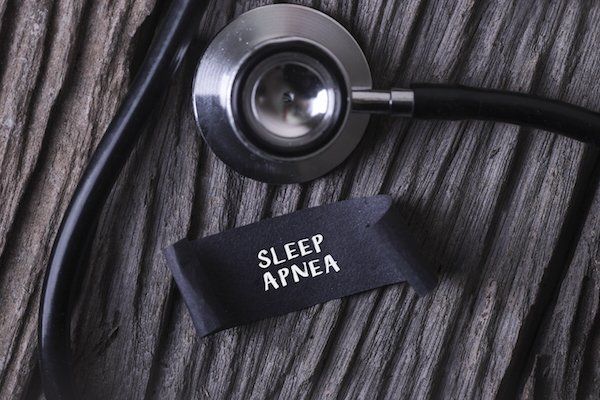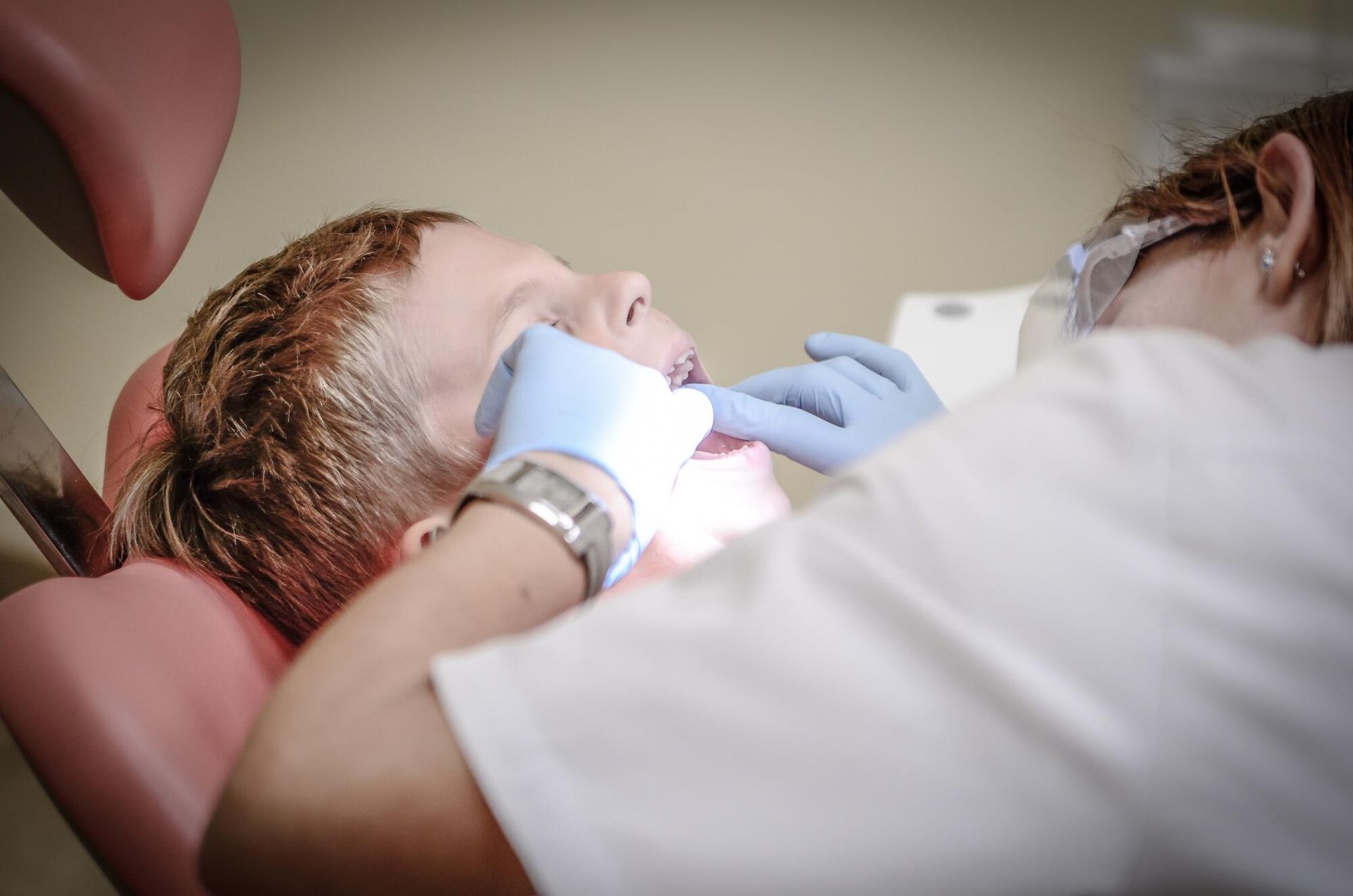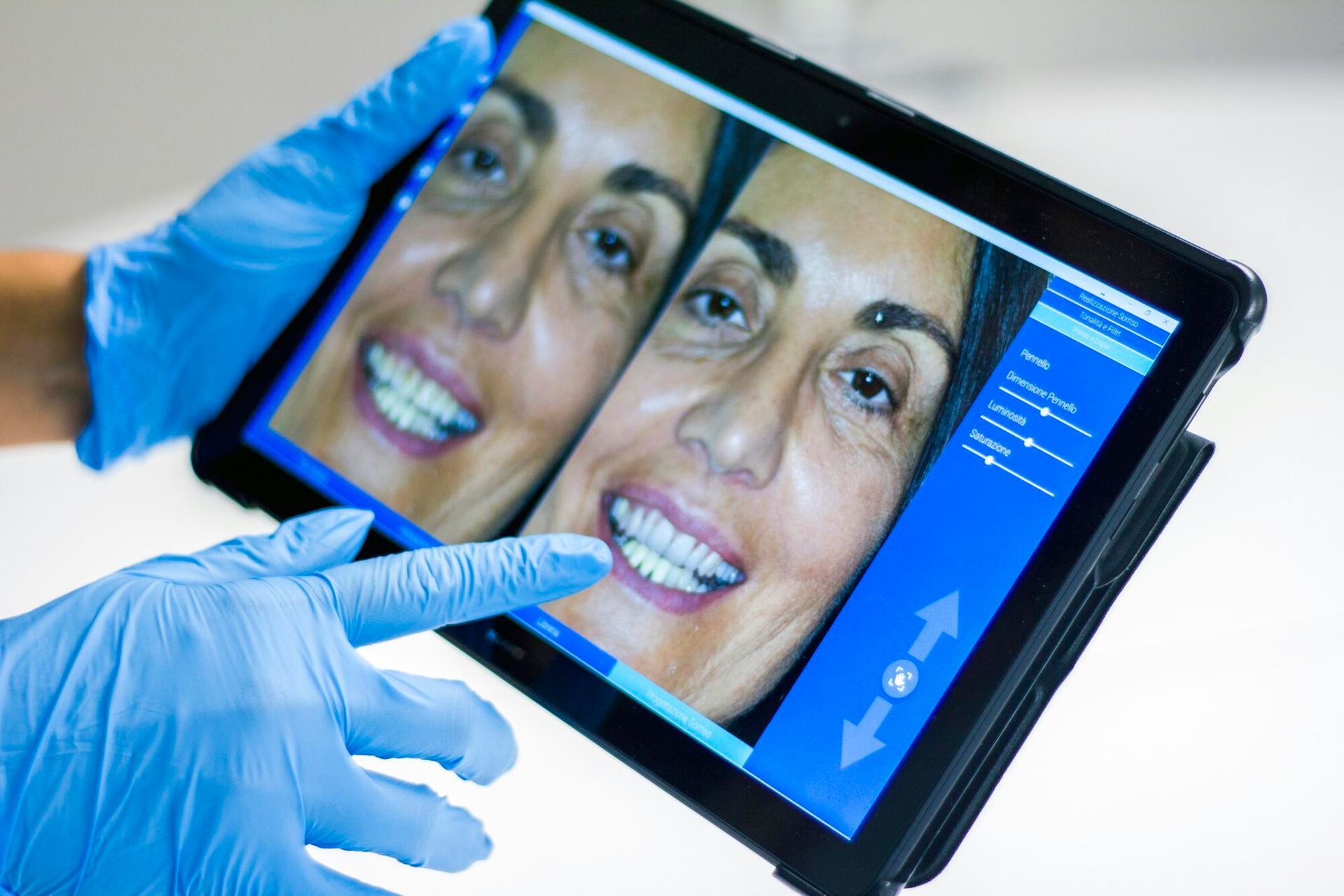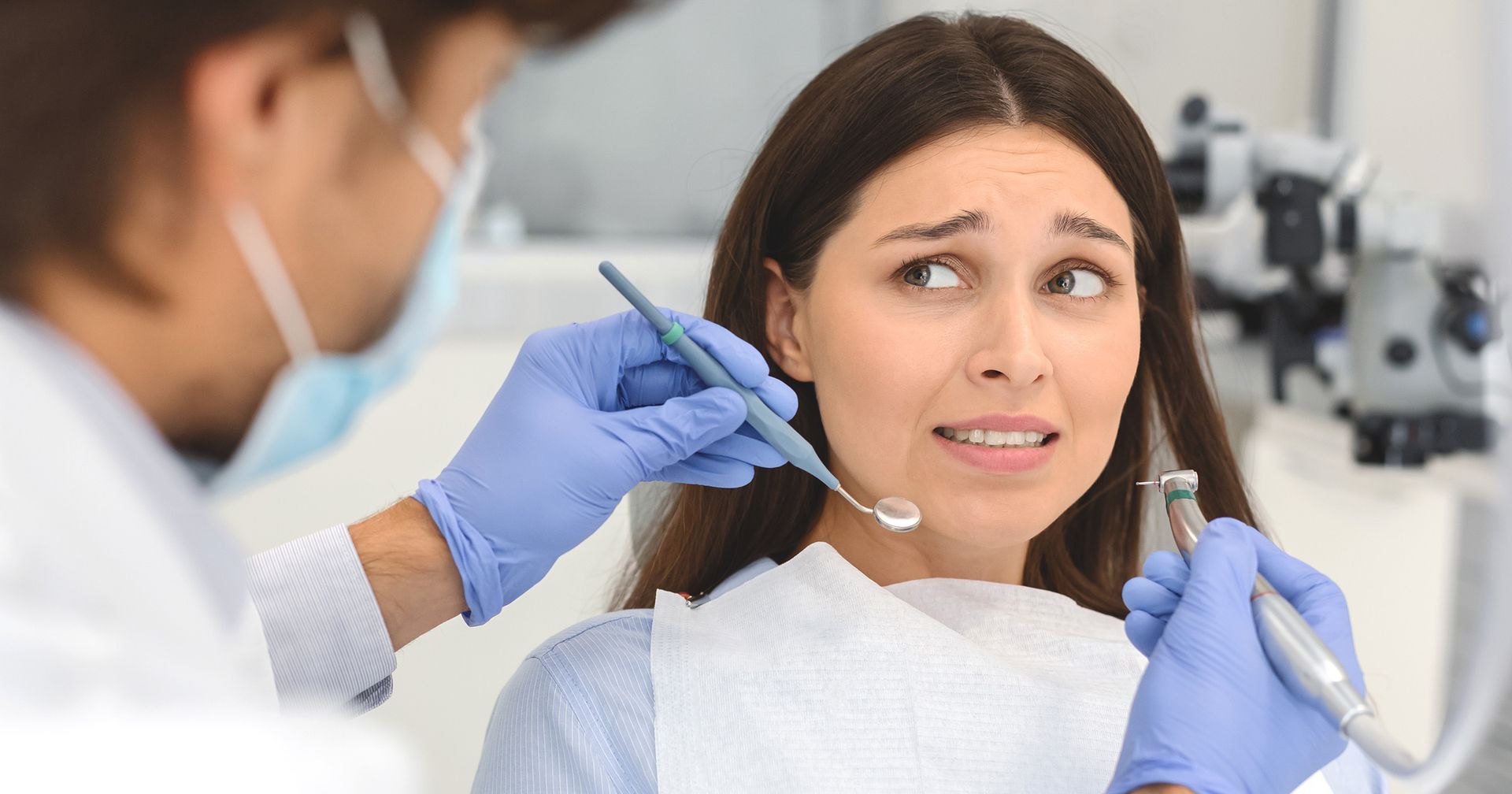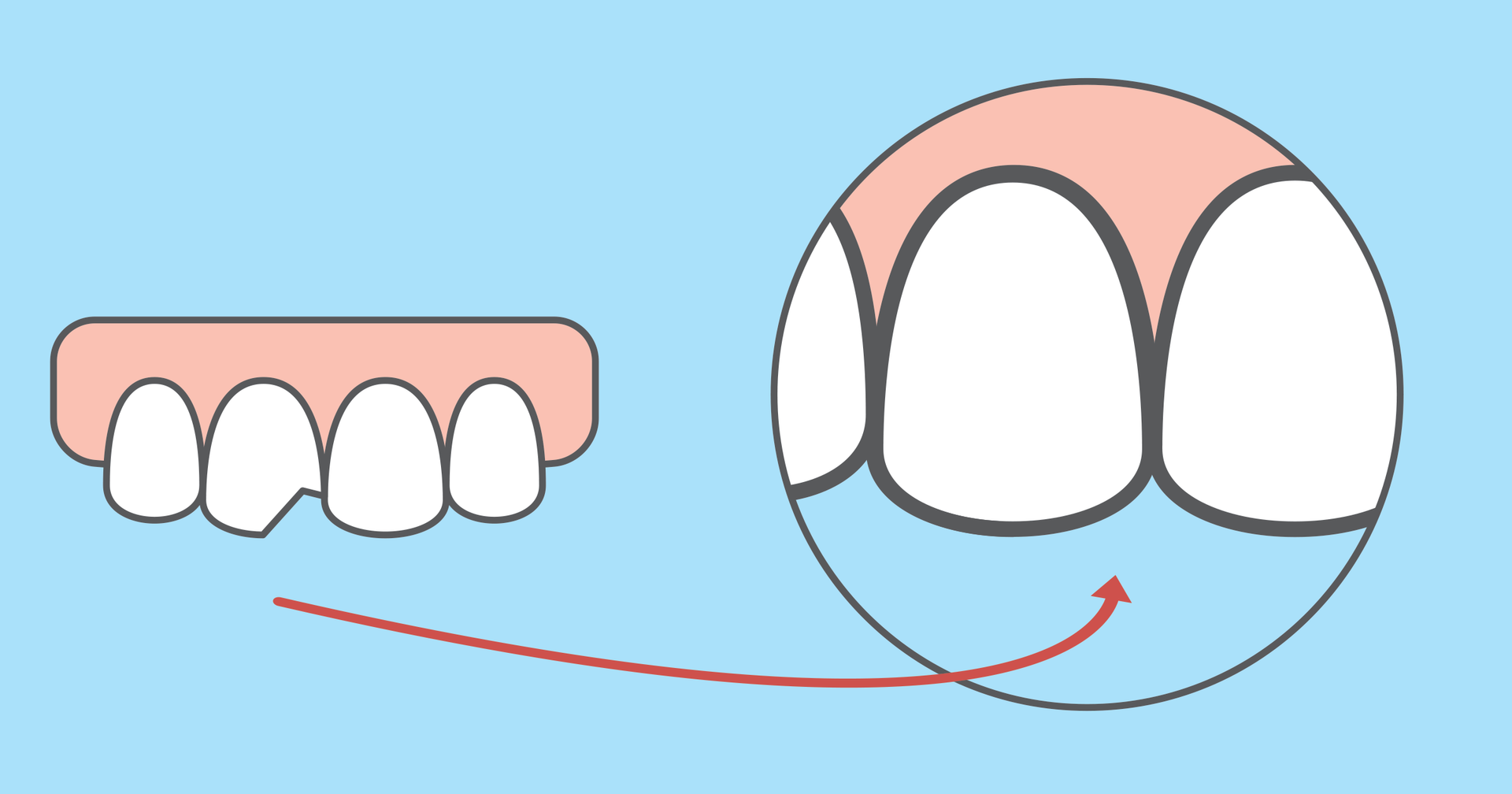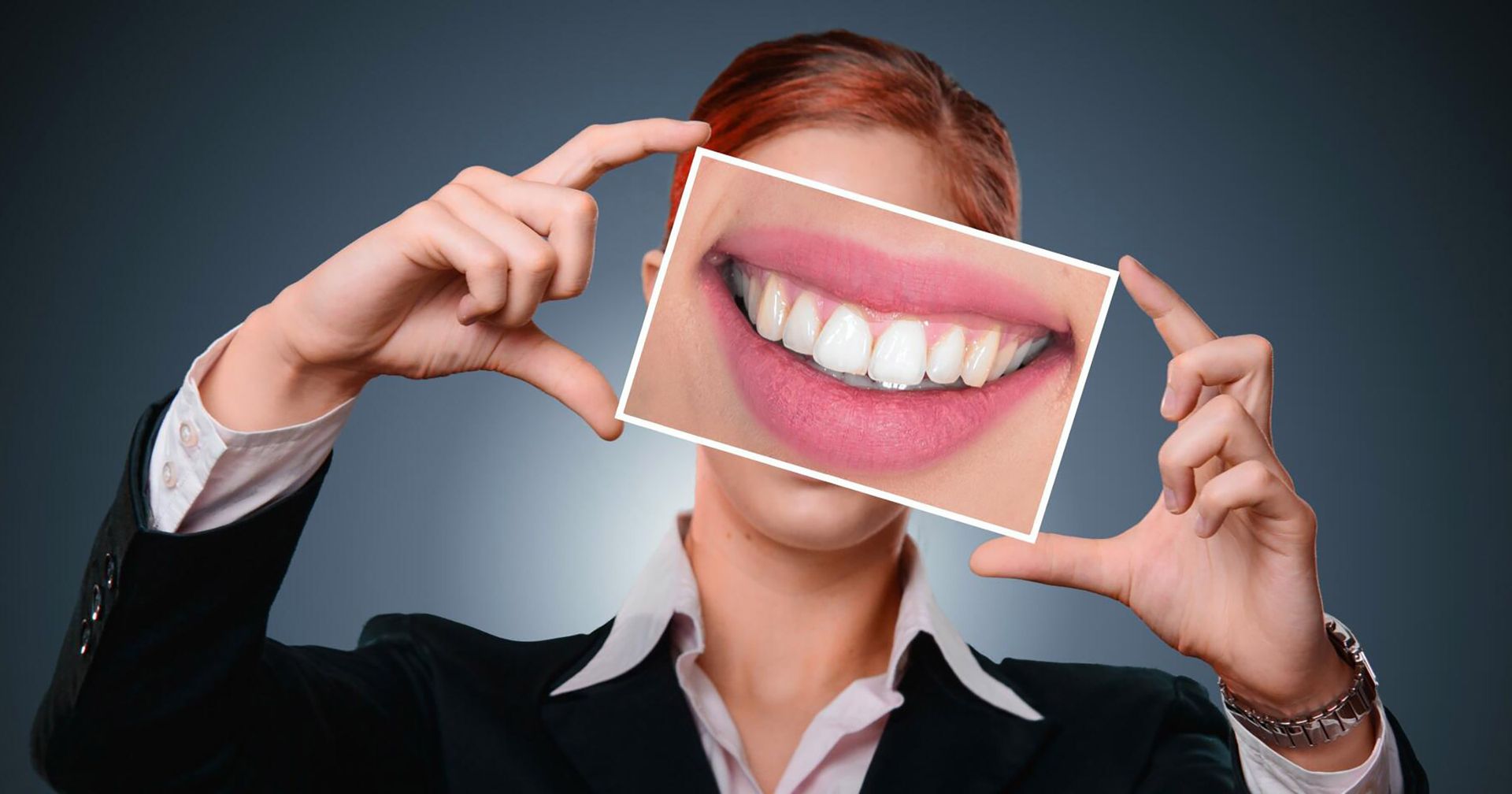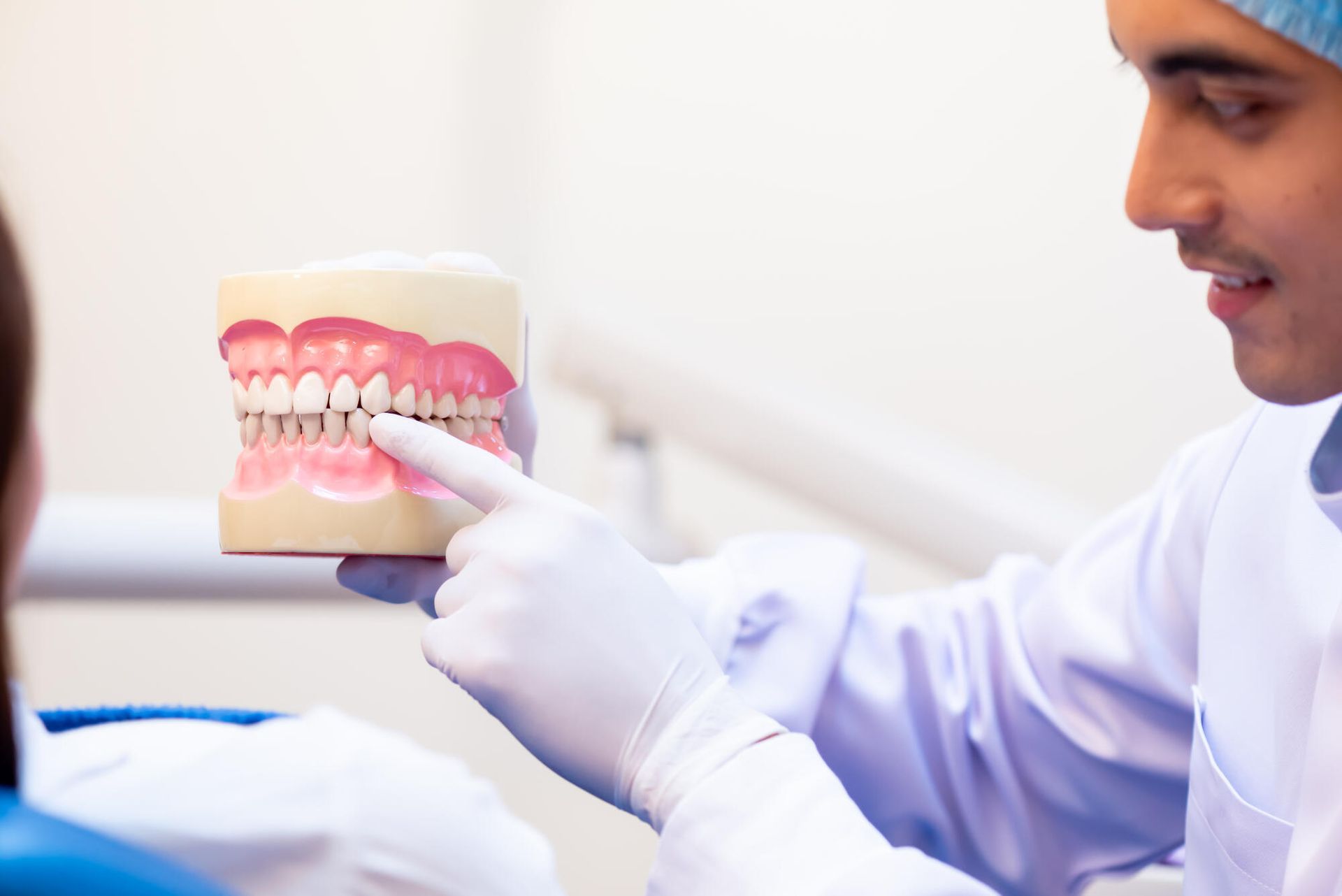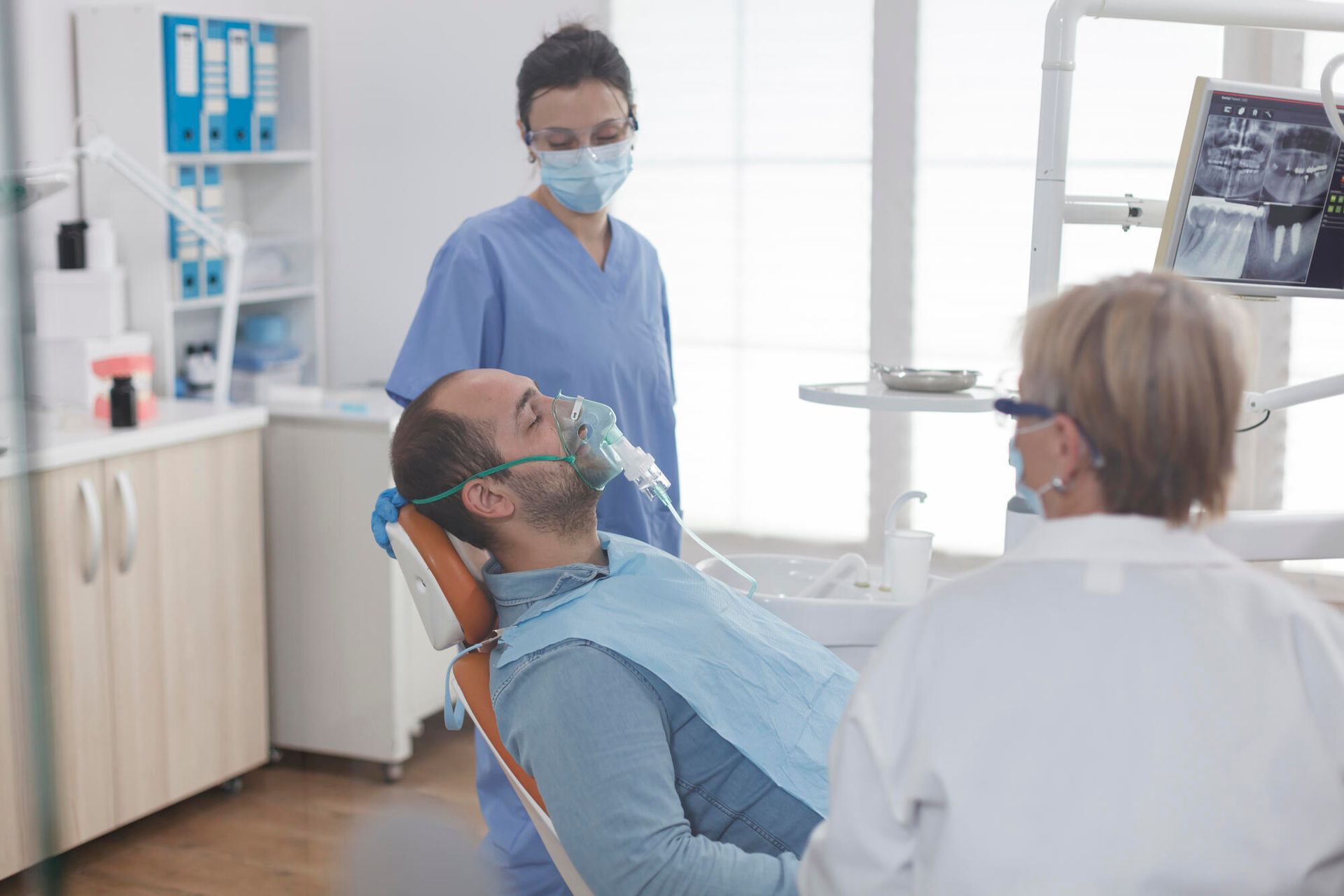By Dental Arts of Catoosa
•
March 24, 2025
Cosmetic dentistry is growing at an unprecedented rate. According to Identity Dental Marketing, in 2024, the number of people who underwent treatments like veneers, teeth whitening, and complete smile makeovers significantly increased. The surge in demand reflects a growing desire for brighter, more uniform smiles and increased confidence in personal and professional settings. Both procedures can enhance your smile. However, they differ in their approach, longevity, cost, and suitability for different dental concerns. Understanding the differences between veneers and bonding can help you choose the best option. Keep reading to explore their unique benefits, costs, and which treatment might be the best fit for you. What is dental boding? Dental bonding is when a tooth-colored composite resin is applied to the teeth to correct imperfections. The resin is strategically sculpted, hardened with a special light, and polished to integrate with the natural tooth. This treatment is excellent for minor cosmetic matters and is one of the quickest and most affordable ways to enhance your smile. Dental Bonding Benefits Dental bonding is an effective and affordable way to improve the appearance of your teeth . It is a great option for minor cosmetic enhancements without invasive procedures. Here's a deeper dive into the benefits: Quick and painless: The procedure is usually completed in a single visit, often in less than an hour per tooth Affordable: The cost of veneers vs bonding favors bonding, making it the more budget-friendly solution Reversible: Since very little to no enamel is removed, the procedure can be reversed if desired. Great for minor corrections: Bonding is best for small chips, slight discoloration, and minor gaps between teeth. what are dental veneers? Dental veneers are customized thin shells commonly created out of porcelain and bonded to the teeth' front surface. Veneers are a complete smile transformation. They provide a long-lasting solution for various dental imperfections. Veneers Benefits Dental veneers provide a long-term solution for those looking to enhance their smile. They are an excellent choice for individuals seeking a more dramatic transformation with lasting results. With their ability to mimic the natural translucency of teeth, veneers offer a highly realistic and aesthetically pleasing appearance. Durable and long-lasting: Porcelain veneers can last 10-40 years with proper care Stain-resistant: Unlike natural teeth, porcelain veneers resist staining from coffee, wine, and other pigmented foods Comprehensive smile enhancement: They can cover discoloration, close gaps, fix misshapen teeth, and create a uniform, aesthetically pleasing smile Differences Between Veneers and Dental Bonding Cosmetic dental treatments vary in approach and effectiveness, making it essential to understand which option best suits your needs. When you are looking at dental bonding vs veneers, it is important to know that they both enhance the smile but differ in several ways. Material and Appearance Dental bonding uses a tooth-colored composite resin sculpted directly onto the tooth. Veneers, on the other hand, are made from porcelain or composite material. They offer a highly polished, natural appearance that mimics real teeth. Durability and Lifespan Dental bonding typically lasts five to seven years, while veneers can last 10 to 40 years with proper care. Veneers are more resistant to chipping and cracking compared to bonding. Stain Resistance Composite resin used in bonding can stain over time, especially with regular consumption of wine, tea, coffee. Porcelain veneers, however, are highly stain-resistant, keeping your smile bright for years to come. Procedure Time Bonding is a quick solution, often completed in one visit. Veneers usually require multiple appointments. The veneer process involves: Taking impressions Fabricating the veneers in a dental lab and bonding them to the teeth Tooth Preparation Minimal to no enamel is removed for bonding, making it a more conservative option. This makes bonding an attractive choice for those who want to maintain the integrity of their natural teeth. Veneers require the removal of a thin layer of enamel to ensure a proper fit, making them a permanent choice. Cost of Veneers vs Bonding The cost of veneers vs bonding varies significantly. Bonding is generally more affordable, with an average cost ranging from $300 to $600 per tooth . Veneers, on the other hand, are a more substantial investment, costing between $900 and $2,500 per tooth . The price difference is due to the materials used, the procedure's complexity, and the results' longevity. While veneers have a higher upfront cost, they last longer than bonding. This makes them a worthwhile investment for those seeking a permanent cosmetic solution. Are You a Candidate for Cosmetic Dentistry? Anyone unhappy with their smile due to discoloration, chips, gaps, or uneven teeth may benefit from cosmetic dentistry options like bonding or veneers. However, healthy teeth and gums are essential before undergoing any cosmetic treatment. Issues like cavities or gum disease must be addressed first to ensure long-term success. A consultation with a qualified dentist will help determine the best course of action based on your dental health and cosmetic goals. Why Choose Dental Arts for Your Smile Makeover? At Dental Arts in Locust Grove, OK, we understand that choosing a cosmetic dental procedure is a significant decision. Dr. Michaelsen and his team provide top-tier cosmetic dentistry options in a welcoming, patient-focused environment. Here's why patients trust Dental Arts: Experienced and compassionate care: Our team prioritizes patient health and comfort Flexible scheduling: Evening and early morning appointments make it easier for working professionals to get the care they need Affordable solutions: We offer an in-house dental plan to help reduce costs for our patients Personalized treatment plans: Every smile is unique, and we customize treatments to fit your needs Dental Bonding vs Veneers: Making the Right Choice Choosing between dental bonding vs veneers depends on your specific needs, budget, and long-term goals. Dental bonding benefits those who want a quick, cost-effective fix for minor imperfections. Veneers benefit those seeking a long-lasting, stain-resistant solution for a perfect smile. Consulting a trusted cosmetic dentist can help you determine the best option for your situation. At Dental Arts, we offer comprehensive cosmetic consultations to guide you toward the best treatment for your dream smile. Contact Dental Arts in Locust Grove, OK, today to schedule your free consultation. Let us help you achieve the confident, beautiful smile you deserve!
